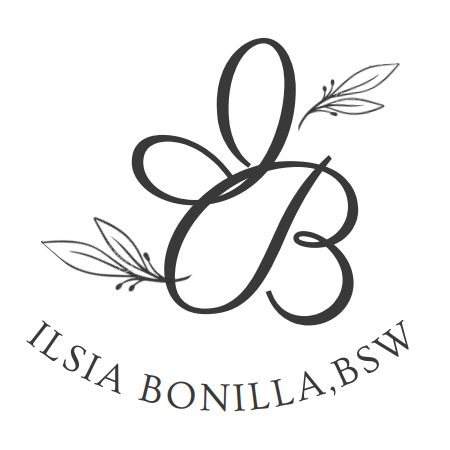Demonstrate Ethical and Professional Behavior
Throughout my studies I have embedded ethical and professional behavior into my personal and professional life. Without sound judgment, social workers put their practice and clients at risk. I am committed to uphold this competency by being a lifelong learner and incorporating strategies to improve my self-care and practice. I will continue to evolve my approach to individualize each experience for my clients based on their needs. In this field, I will find myself in a variety of circumstances with diverse populations so, it is important that I acknowledge my own professional boundaries to exude ethical behavior in all encounters.
Practice Behaviors:
1A- Develop a practice framework for analysis of complex environments, that is ethical, value-grounded, and evidenced-based
Course Evidence:
I collaboratively developed a non-profit organization (Paws for a Cause) proposal with 3 of my peers for the course: Advanced Administrative Practice: Administrative and Leadership Skills. The purpose for Paws for a Cause (P4C) is to promote and improve emotional and physical wellbeing by fostering relationships between service animals and people who are struggling under any of life’s conditions. This proposal required us to discover a need in an area and develop an organization that would act as an intervention to fulfill this need. Paws for a Cause is based on values and genuine care that is supported by research. Specifically, pages 26-31 display how Paws for a Cause applies strategies to address diversity in the work place along with staff and volunteer retention plans.
Click here to view the final paper.
1B- Implement supervisory and self-care strategies that integrate professional strengths, limitations, and challenges
Field Evidence: My time serving at Dalton Public Schools required time for reflection and discussion. Each week I would make a list of questions or highlights to discuss with my field instructor. Before supervision, I would create an agenda to make sure all of my concerns are addressed and touch base on my progress. These supervision meetings helped me to become confident in my skills to take on more responsibilities as a school social work intern. My September Tevera journal highlights some of my initial thoughts and questions I had for my field instructor. My March supervision comments exemplifies the growth of confidence and responsibilities I gained through my experience. My discussion points became more complex as I adapted to Dalton Public Schools and learned the role of the school social worker.
September Tevera Supervision questions/comments

March Tevera Supervision comments

1C- Exhibit commitment to professional growth through continuing education, supervision, and ongoing consultation
Field Evidence: In the month of November, the Dalton Public School social workers hosted a training for teachers to become trauma-informed. There were several classes and groups that focused on a different topic. My group focused on Adverse Childhood Experiences. To prepare for this event, I collected and reviewed articles to create an overview of key talking points.
Click here to view the ACE’s talking points.
Additional Evidence: Capturing Kids Hearts is an 18-hour training that focuses on building meaningful relationships with students and colleagues. There was an implementation guide shared with the trainees on specific steps to start the new school year off on the right track. Lowering student anxiety, modeling positive behavior, and empowering our students can positively impact the culture of the school district. From this training, I learned that not many teachers understand how a student’s home life can impact them in the classroom. To address this issue, I created an overview on Adverse Childhood Experiences. I shared this overview with several teachers and many of them thanked me for the new perspective.
I completed this training through Calhoun City Schools in Calhoun, Georgia. Click here to see my certificate of completion.
1D – Demonstrate professional oral and written communication skills
Course Evidence: In my School Social Work Core Concepts course, I completed a Bio-Psycho-Social Assessment for a young student who is struggling academically. This assignment required me to explore the student’s history in regard to development, milestones, and family history. As in-depth as this assessment was, I prioritized professional oral and written communication skills to identify possible gaps for intervention. An alias was used to keep confidentiality.
Click here to view the complete assessment.
Skills Used: Through these learning behaviors I demonstrated active listening, empathy, critical thinking, and collaboration.
Knowledge Used: I used knowledge acquired from the following courses and field placement: Advanced Administrative Practice: Administrative and Leadership Skills, School Social Work Core Concepts, Dalton Public Schools, Calhoun City Schools.
Values Present: Through these learning behaviors I exercised the values of importance of human relationships, integrity, and competence.
Cognitive Process Used: I used comprehension to summarize and paraphrase throughout the assignments. I also used knowledge to define my experience throughout my internship.
Affective Process Used: I used receiving because I listened to my clients and the facilitator in my training. I also used responding because I discussed my growth with my supervisors.
Theoretical Foundation Used: Credibility Theory, this is because I built trust with the clients and peers I worked with throughout my experience.
